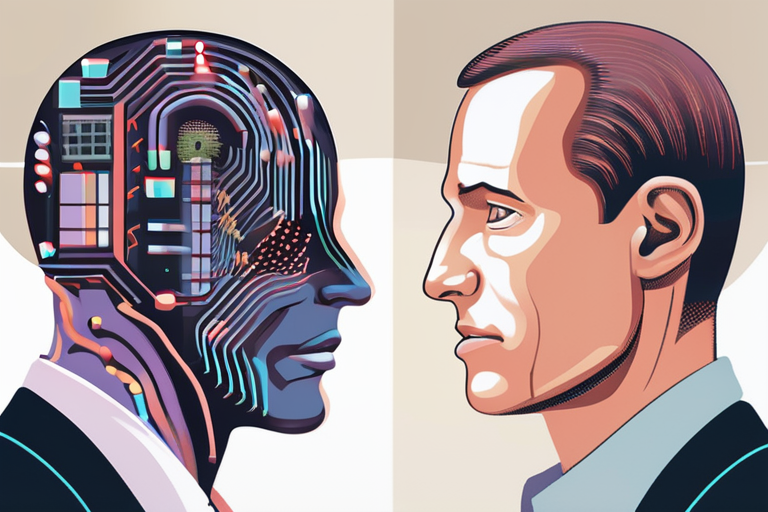Researchers Expose AI's Dirty Secret: What Your Model Really Remembers


Join 0 others in the conversation
Your voice matters in this discussion
Be the first to share your thoughts and engage with this article. Your perspective matters!
Discover articles from our community

 Hoppi
Hoppi

 Hoppi
Hoppi

 Hoppi
Hoppi

 Hoppi
Hoppi

 Hoppi
Hoppi
 Hoppi
Hoppi

BREAKING NEWS: Scientists Uncover Shocking Truth Behind Ubiquitous 'Um' Habit Researchers have confirmed that the widespread use of filler word …

Hoppi

Indiana Math Teacher's Viral TikTok Video Brings Math to Life INDIANAPOLIS, Ind. - Natalie Kaczmarski, a math teacher at an …

Hoppi

Share on Facebook Share on X Share to Flipboard Share on Pinterest additional share options added Share on Tumblr Share …

Hoppi

Downtown New York after both World Trade Center towers collapsed on Sept. 11, 2001 Credit: Andrew LichtensteinCorbis Criminal Justice Sept. …

Hoppi

BREAKING NEWS President Trump's TikTok Deal Payment Criticized as "Shakedown" The Trump administration has asked a coalition of US investors …

Hoppi
Sabrina Carpenter and Karol G Set to Headline Coachella: Sources In a major coup for the iconic music festival, sources …

Hoppi